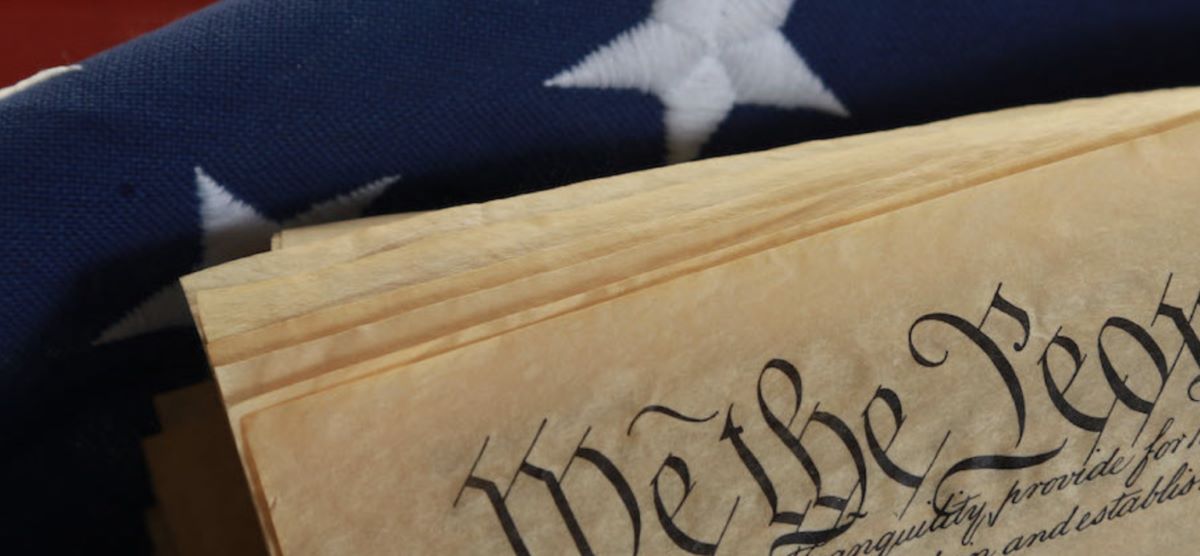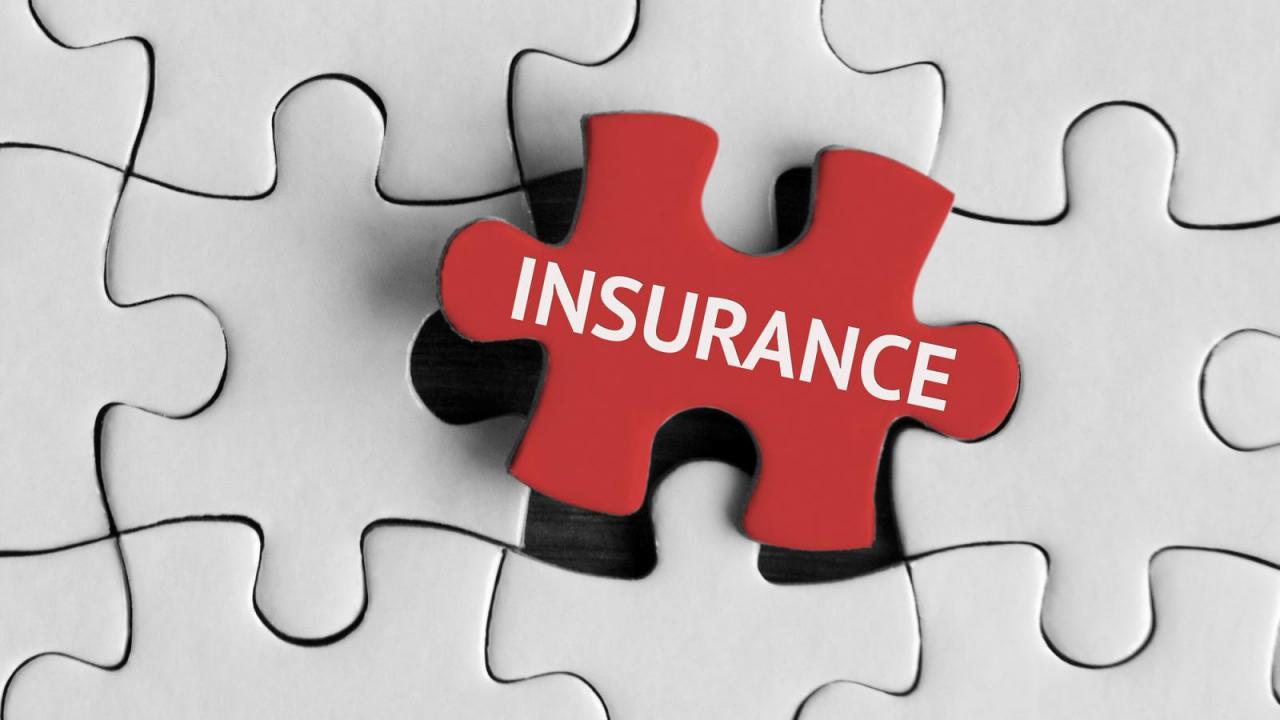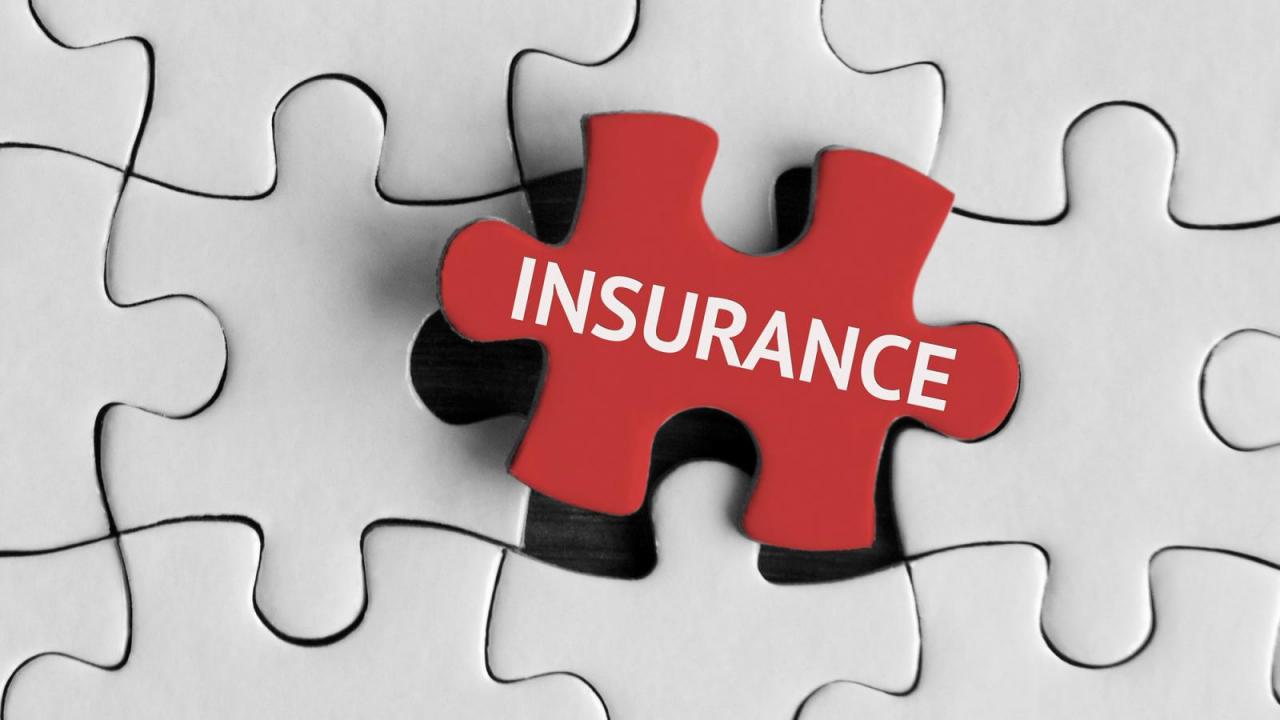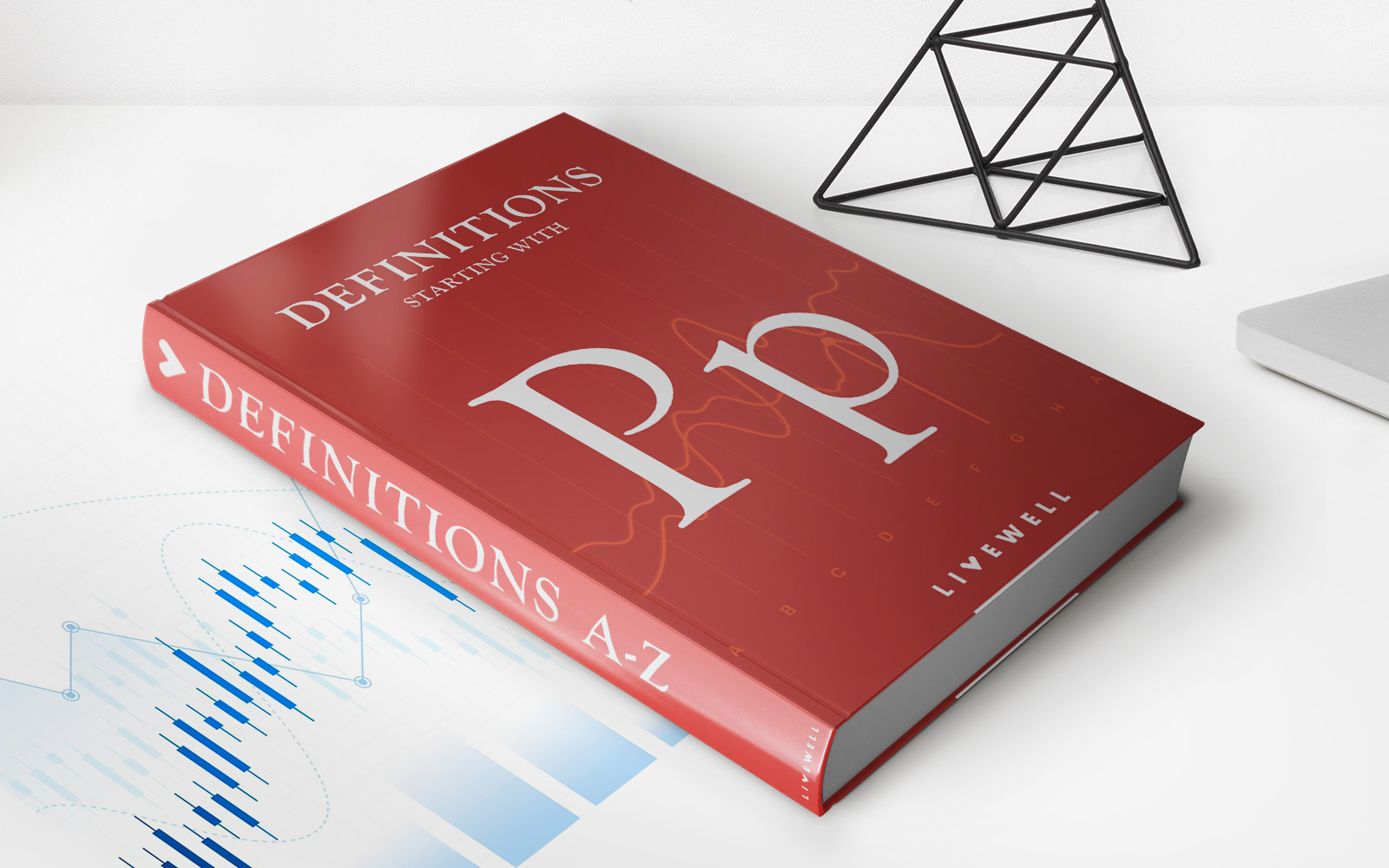

Finance
What Is CCW Insurance
Published: November 22, 2023
Discover the importance of CCW insurance and how it can protect your finances. Find out what CCW insurance covers and why it's essential for your peace of mind.
(Many of the links in this article redirect to a specific reviewed product. Your purchase of these products through affiliate links helps to generate commission for LiveWell, at no extra cost. Learn more)
Table of Contents
Introduction
Welcome to the world of CCW insurance, a specialized form of insurance that provides coverage for individuals who have a concealed carry weapon (CCW) permit. In recent years, there has been a surge in the number of people obtaining CCW permits as a means of self-defense and personal protection. With this increase in ownership and carrying of firearms, the need for CCW insurance has become increasingly important.
CCW insurance is designed to provide legal and financial protection in the event that a CCW permit holder is involved in a self-defense incident where they need to use their firearm. This type of insurance can cover a range of expenses, including legal fees, court costs, and even lost wages if a permit holder needs to take time off work for legal proceedings.
While many people believe that their regular homeowners or renters insurance will provide coverage in such situations, the reality is that these policies often have exclusions for intentional acts or firearms-related incidents. This is where CCW insurance comes in, offering specific coverage for the unique risks associated with carrying a concealed weapon.
In the following sections, we will explore the various aspects of CCW insurance, including the coverage provided, the benefits it offers, and how to obtain it. We will also compare CCW insurance to other types of firearm insurance and address some frequently asked questions.
Whether you are a seasoned CCW permit holder or contemplating getting one, having CCW insurance can provide peace of mind and financial protection in the event of a self-defense situation. So, let’s delve into the world of CCW insurance and learn more about this important coverage option.
What is CCW Insurance?
CCW insurance, also known as concealed carry weapon insurance, is a specialized form of insurance that provides coverage for individuals who have a concealed carry weapon permit. It is designed to protect CCW permit holders in the event that they use their firearm in self-defense and face legal and financial repercussions as a result.
When a CCW permit holder finds themselves in a situation where they need to use their firearm to protect themselves or others, the legal process that follows can often be complex and expensive. CCW insurance helps to mitigate these potential financial burdens by covering a range of expenses, including legal fees, court costs, and even damages awarded in civil lawsuits.
One of the primary benefits of CCW insurance is that it provides coverage regardless of whether or not the CCW permit holder is found to be at fault or if the incident is deemed justified. This is crucial because even in situations where the use of a firearm in self-defense is justified, legal expenses can quickly add up.
CCW insurance policies are typically tailored to the specific needs of CCW permit holders and can vary in terms of coverage, limits, and pricing. Some policies may provide coverage solely for legal expenses, while others may offer additional benefits such as lost wages, psychological counseling, and firearm replacement.
It’s important to note that CCW insurance is not a license to be reckless or use excessive force. It is meant to provide financial protection and support for responsible gun owners who find themselves in legitimate self-defense situations.
Overall, CCW insurance offers peace of mind to CCW permit holders, knowing that they have both legal and financial support in the event of a self-defense incident. It allows them to exercise their rights while being prepared for the potential consequences that may arise from their actions.
In the next section, we will delve into the specific coverage provided by CCW insurance and how it can benefit CCW permit holders.
Coverage provided by CCW Insurance
CCW insurance provides a range of coverage options to protect CCW permit holders in the event they use their firearm in self-defense. While specific coverage options may vary depending on the insurance provider and policy, here are some common areas that CCW insurance typically covers:
- Legal Fees: CCW insurance usually covers legal expenses related to self-defense incidents. This can include the cost of hiring an attorney, court filing fees, and expert witness fees.
- Civil Defense and Damages: CCW insurance may provide coverage for any damages awarded in civil lawsuits resulting from a self-defense incident. This can help protect CCW permit holders from financial devastation in the event they are found liable for injuries or wrongful death.
- Loss of Earnings: Some CCW insurance policies offer coverage for lost wages if a permit holder needs to take time off work to handle legal proceedings or to recover from injuries sustained during a self-defense incident.
- Psychological Support: Dealing with the aftermath of a self-defense incident can be emotionally challenging. Certain CCW insurance policies may include coverage for psychological counseling to help CCW permit holders process and cope with the traumatic experience.
- Firearm Replacement: If a CCW permit holder needs to use their firearm during a self-defense incident and it is confiscated as part of the investigation, some CCW insurance policies may offer compensation for firearm replacement. This ensures permit holders are not left defenseless after an incident.
It’s important to carefully review the coverage options and limits of any CCW insurance policy before purchasing. Not all policies are created equal, and it’s crucial to choose one that aligns with your specific needs and provides adequate protection.
While CCW insurance covers the aforementioned areas, it’s crucial to understand that each insurance provider may have specific terms and conditions that affect coverage. It’s advisable to thoroughly review the policy language and consult with the insurance provider to clarify any questions or concerns you may have.
Now that we’ve explored the coverage provided by CCW insurance, let’s move on to discussing the benefits of having this type of insurance as a CCW permit holder.
Benefits of CCW Insurance
CCW insurance offers several benefits to individuals who hold a concealed carry weapon (CCW) permit. By having this specialized insurance coverage, CCW permit holders can enjoy the following advantages:
- Financial Protection: One of the primary benefits of CCW insurance is the financial protection it provides. In the unfortunate event that a CCW permit holder is involved in a self-defense incident, they may face costly legal fees, court expenses, and potential damages in civil lawsuits. CCW insurance helps mitigate these financial burdens by covering these expenses, allowing permit holders to protect their assets and financial well-being.
- Legal Support: Dealing with the legal aftermath of a self-defense incident can be complex and overwhelming. CCW insurance often includes access to a network of experienced attorneys who specialize in firearms-related cases. These legal professionals can provide guidance, advice, and representation throughout the legal process, ensuring that permit holders have proper legal support and advocacy.
- Peace of Mind: Knowing that you have CCW insurance can provide peace of mind in case you ever need to use your firearm to protect yourself or others. Instead of worrying about the potential financial ramifications of a self-defense incident, CCW insurance allows you to focus on your personal safety and well-being.
- Support Services: Some CCW insurance policies go beyond merely covering legal expenses. They may offer additional support services, such as psychological counseling to help deal with the emotional aftermath of a self-defense incident. These services provide valuable resources to help CCW permit holders navigate the challenges they may face during and after such traumatic events.
- Coverage Flexibility: CCW insurance policies can be tailored to meet the specific needs of CCW permit holders. Depending on the policy and provider, you can choose coverage options that align with your personal circumstances and level of risk tolerance. This flexibility allows you to customize your insurance plan to suit your individual needs and preferences.
It’s important to note that the benefits and coverage options of CCW insurance may vary between insurance providers and policies. To ensure you make an informed decision and choose the right CCW insurance policy, it’s recommended to research different providers, compare their offerings, and carefully review the policy terms and conditions.
Now that we’ve explored the benefits of CCW insurance, let’s move on to discussing how to obtain CCW insurance and the steps involved.
How to obtain CCW Insurance
If you are a concealed carry weapon (CCW) permit holder or considering obtaining one, it is essential to protect yourself with CCW insurance. Here is a step-by-step guide on how to obtain CCW insurance:
- Evaluate Your Needs: Before diving into the process of obtaining CCW insurance, assess your personal needs and preferences. Consider the coverage options you want, your budget, and any specific requirements you may have. Understanding your needs will help you make an informed decision when choosing a policy.
- Research Insurance Providers: Look for insurance companies that specialize in CCW insurance or have specific policies for firearm owners. Research their reputation, customer reviews, and track record. This will give you confidence in selecting a reliable and reputable insurance provider.
- Compare Coverage Options: Take the time to compare different CCW insurance policies. Look at the coverage provided, policy limits, exclusions, and additional benefits. Consider what coverage elements are most important to you and ensure that the policy you choose aligns with your requirements.
- Get Quotes: Contact the insurance providers you are interested in and request quotes for their CCW insurance policies. Be prepared to provide information about your CCW permit and any relevant details that may affect the coverage and pricing. Collect multiple quotes to compare costs and coverage options.
- Review Policy Terms and Conditions: Thoroughly review the terms and conditions of each CCW insurance policy you are considering. Pay attention to any exclusions, deductibles, and policy renewal conditions. Carefully understanding the policy details will ensure that there are no surprises in the future.
- Consult with an Insurance Agent: If you have any questions or need clarification, reach out to an insurance agent who specializes in CCW insurance. They can provide guidance and assist you in selecting the most suitable policy for your needs.
- Make an Informed Decision: After completing your research, comparing quotes, and understanding policy details, make an informed decision and choose the CCW insurance policy that best fits your requirements. Contact the insurance provider to complete the application process and finalize the policy.
- Continuously Review and Update: Once you have obtained CCW insurance, periodically review your policy to ensure it still meets your needs. As your circumstances may change over time, it’s important to update your policy accordingly and make any necessary adjustments.
Remember, the process of obtaining CCW insurance may vary depending on the insurance provider and local regulations. It’s important to comply with all applicable laws and regulations when obtaining and carrying concealed firearms.
Now that you understand how to obtain CCW insurance, let’s compare CCW insurance to other types of firearm insurance in the next section.
CCW Insurance vs. other types of firearm insurance
When it comes to insuring firearms, there are various types of insurance available. CCW insurance is specifically designed for individuals who have a concealed carry weapon (CCW) permit and provides coverage for self-defense incidents. Let’s compare CCW insurance to other types of firearm insurance:
Homeowners or Renters Insurance: Many people assume that their homeowners or renters insurance will provide coverage for firearms. While it’s true that these policies may offer some limited coverage, they often have exclusions for intentional acts or firearms-related incidents. CCW insurance, on the other hand, is tailored to address the unique risks associated with carrying a concealed weapon and provides specific coverage for self-defense situations.
Standard Firearm Insurance: Standard firearm insurance typically covers the physical loss or damage to firearms, such as theft, loss, or damage due to accidents or natural disasters. This type of insurance focuses on protecting the financial investment in firearms rather than addressing the legal and financial risks associated with using firearms for self-defense. CCW insurance provides coverage for legal expenses, court costs, and potential damages in civil lawsuits, ensuring that CCW permit holders are protected in the event of a self-defense incident.
Personal Liability Umbrella Insurance: Personal liability umbrella insurance provides additional liability coverage that goes beyond the limits of other existing insurance policies, such as homeowners or renters insurance. While it may provide coverage for personal injury or property damage caused by firearms, its scope may not be as specific or comprehensive as CCW insurance. CCW insurance is specifically designed for CCW permit holders and provides coverage for the legal and financial consequences of using a firearm in self-defense.
Self-Defense Insurance: Self-defense insurance, also known as firearm liability insurance, is similar to CCW insurance in that it provides coverage for self-defense incidents involving firearms. However, self-defense insurance is not limited to CCW permit holders and can be obtained by anyone who legally owns a firearm. CCW insurance focuses specifically on the needs of CCW permit holders and often includes additional benefits tailored to their unique circumstances.
It’s important to note that the coverage and terms of these types of insurance can vary between insurance providers and policies. When comparing options, consider the specific coverage provided, policy limits, exclusions, and any additional benefits that may align with your needs as a firearm owner or CCW permit holder.
By understanding the differences between CCW insurance and other types of firearm insurance, you can make an informed decision and choose the insurance coverage that best suits your specific circumstances and level of protection.
Now let’s move on to address some frequently asked questions about CCW insurance.
Frequently Asked Questions about CCW Insurance
Here are the answers to some commonly asked questions regarding CCW insurance:
Q: Is CCW insurance required by law?
A: CCW insurance is not required by law. However, it is highly recommended for individuals who hold a concealed carry weapon (CCW) permit. CCW insurance provides crucial legal and financial protection in case of a self-defense incident involving your firearm.
Q: Does CCW insurance cover all self-defense incidents?
A: CCW insurance generally covers self-defense incidents where you are legally justified in using your firearm. However, it’s important to carefully review the policy terms and conditions to understand the specific coverage and any exclusions that may apply.
Q: Can CCW insurance protect me against criminal charges?
A: CCW insurance can help cover legal expenses if you are faced with criminal charges resulting from a self-defense incident. It’s important to consult with an attorney to understand how the insurance policy will specifically address your legal defense.
Q: Does CCW insurance provide coverage outside my home state?
A: The coverage provided by CCW insurance can vary, but many policies offer coverage that extends beyond your home state. However, it’s important to check with the insurance provider to understand the scope of coverage and any limitations that may apply when carrying your firearm in other states.
Q: Can I add CCW insurance as a rider to my existing policy?
A: Some insurance companies may offer CCW insurance as a rider or endorsement to an existing policy, such as homeowners or renters insurance. However, it’s important to review the terms and conditions to ensure that the coverage meets your specific needs as a CCW permit holder.
Q: Can I switch CCW insurance providers?
A: Yes, you can switch CCW insurance providers if you find a policy that better suits your needs. However, it’s important to consider any waiting periods, coverage limitations, or potential loss of prior incident coverage that may arise when switching providers.
Q: Does CCW insurance cover accidental firearm discharge?
A: Coverage for accidental firearm discharge can vary between CCW insurance policies. Some policies may provide coverage, while others may have specific exclusions for accidental discharges. It’s important to review the policy terms and conditions to understand the coverage provided in such situations.
These are just a few of the common questions regarding CCW insurance. It’s crucial to thoroughly research and understand the specific coverage and limitations of any CCW insurance policy you are considering, as terms can vary between insurance providers.
Now, let’s conclude the article and summarize the key points we’ve discussed about CCW insurance.
Conclusion
CCW insurance is a valuable asset for individuals who hold a concealed carry weapon (CCW) permit. It provides legal and financial protection in the event of a self-defense incident where a firearm is used. By obtaining CCW insurance, CCW permit holders can have peace of mind knowing that they have the necessary support and coverage in case they need to exercise their right to protect themselves or others.
CCW insurance offers a range of benefits, including financial protection for legal fees, court costs, and potential damages in civil lawsuits. It also provides access to experienced attorneys who specialize in firearms-related cases, ensuring that permit holders have knowledgeable legal representation throughout the legal process. Additional support services, such as psychological counseling, may also be available with some CCW insurance policies.
When obtaining CCW insurance, it’s important to evaluate your needs, research insurance providers, compare coverage options, and carefully review policy terms and conditions. This allows you to choose a policy that aligns with your specific requirements and provides adequate protection for your self-defense situations.
It’s essential to understand that CCW insurance differs from other types of firearm insurance, such as homeowners or renters insurance, standard firearm insurance, or personal liability umbrella insurance. CCW insurance focuses specifically on the legal and financial risks associated with using a firearm for self-defense as a CCW permit holder.
By addressing frequently asked questions, we have provided clarity on common inquiries about CCW insurance, including its requirement, coverage limitations, and the ability to switch providers. It’s important to carefully consider your specific circumstances and the details of your chosen CCW insurance policy to ensure it meets your needs.
To protect yourself and your assets, and to have the necessary support in the event of a self-defense incident, obtaining CCW insurance is a prudent choice for CCW permit holders. Take the time to research, compare, and select the CCW insurance policy that provides the level of coverage and peace of mind you desire as a responsible gun owner.
Remember, the information provided in this article is meant to offer general guidance and should not be considered legal advice. Consult with an attorney and thoroughly review your chosen CCW insurance policy to fully understand the coverage and terms specific to your situation.














